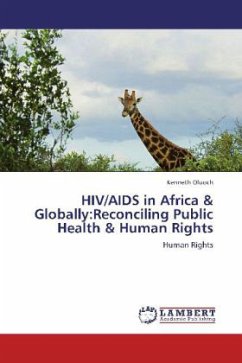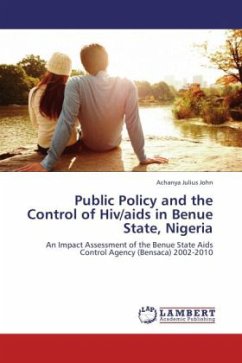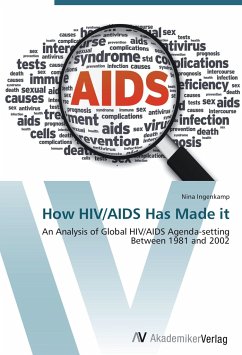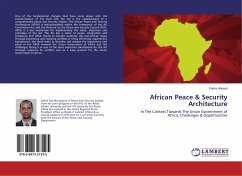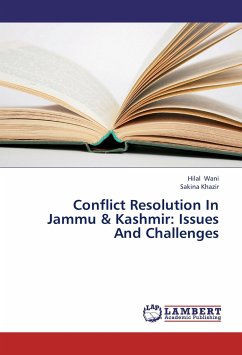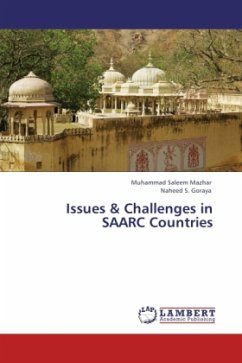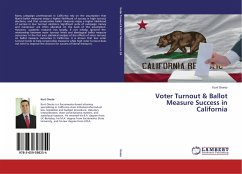Since the first diagnosed cases of HIV/AIDS in the early 1980s, the disease has had far reaching consequences in in political arena, both at state and sub-state level policy arena and at international relations level. This work, Reconciling Public Health and Human Rights, recognizes the magnitude of HIV/AIDS in Africa and Globally as a public health issue. It analyses the human rights implications that the public health dimensions of HIV/AIDS and the consequences have on policies that are adopted by the states. It specifically focuses on the human rights issues particularly with regard to overseas travels, domestic movements, as well as the right to treatment. Other practices that raise fundamental human rights questions that the book analyses include quarantine,compulsory screening,criminalization of the disease. The writer argues that policies that raise fundamental human rights questions are ineffective in handling HIV/AIDS, and are often counter-productive.
Bitte wählen Sie Ihr Anliegen aus.
Rechnungen
Retourenschein anfordern
Bestellstatus
Storno

